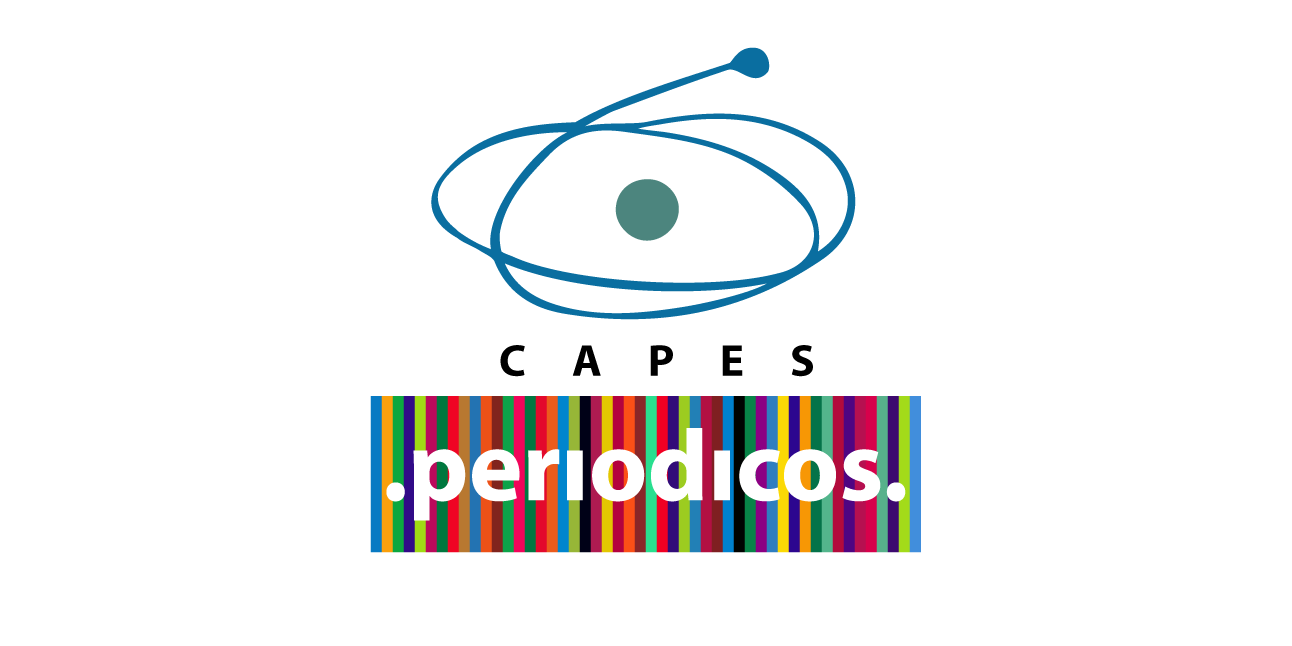Effects of Waltz and Samba in the Functional Mobility of Patients with Parkinson´s Disease
DOI:
https://doi.org/10.17765/1518-1243.2016v18n2p139-148Keywords:
Gait, Music, Parkinson´s disease, Rehabilitation, RhythmAbstract
Several studies have shown that music is a good therapy for people with Parkinson´s disease. The intervention´s spatial and temporal stimuli may signalize gait cycle phases and provide the person with a more coordinated gait. Further, music therapy provides an increase in self-esteem, greater comfort, relax and well-being, with greater interactions when treatment is undertaken by groups of people. The effects of the musical genres, waltz and samba, on the functional mobility in people with Parkinson´s disease are investigated. Volunteers practiced Timed Up and Go Test (TUG) under the following conditions: without music, with classical music (waltz) and Brazilian popular music (samba). Data were weighed by descriptive and inferential statistical analyses by Fridman test and paired post-hoc Wilcoxon test at 5% significance level. In fact, samba provided a contrary effect in gait with a reduction of speed (p=0.04), number of steps (p=0.04) and cadence (p=0.04), with an increase in time (p=0.04) and step length (p=0.05) when compared to situations without music. Music´s intrinsic factor such as rhythm, harmony, melody and amplitude may be associated with an adverse effect observed in the functional mobility of people with Parkinson´s disease.Downloads
Published
2016-12-14
How to Cite
Fragnani, S. G., & Bezerra, P. P. (2016). Effects of Waltz and Samba in the Functional Mobility of Patients with Parkinson´s Disease. Iniciação Científica Cesumar, 18(2), 139–148. https://doi.org/10.17765/1518-1243.2016v18n2p139-148
Issue
Section
Artigos Originais
License
The Editorial Board is authorized to make certain changes in the original text to comply with bibliographical norms, orthography and grammar, so that standards in language and style may be maintained. However, the author´s style will be preserved. The concepts developed by the authors are their exclusive concern and responsibility.In case of approval, the e-mail of acceptance will contain a Letter of Copyright with authors´ name, personal data, and signature of all authors.










